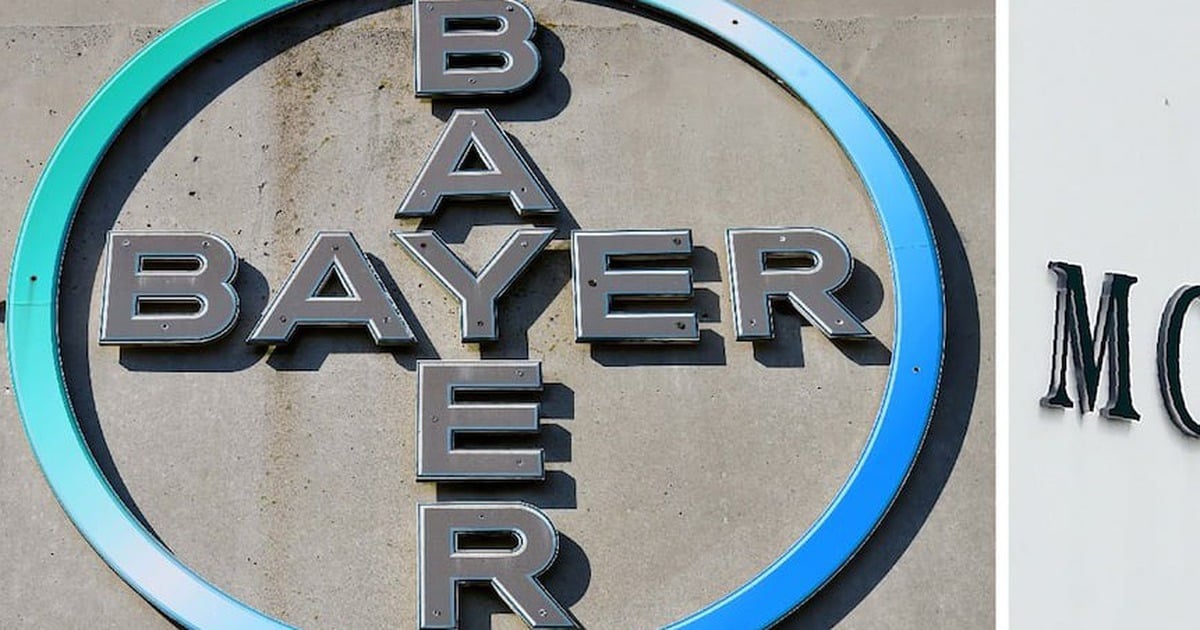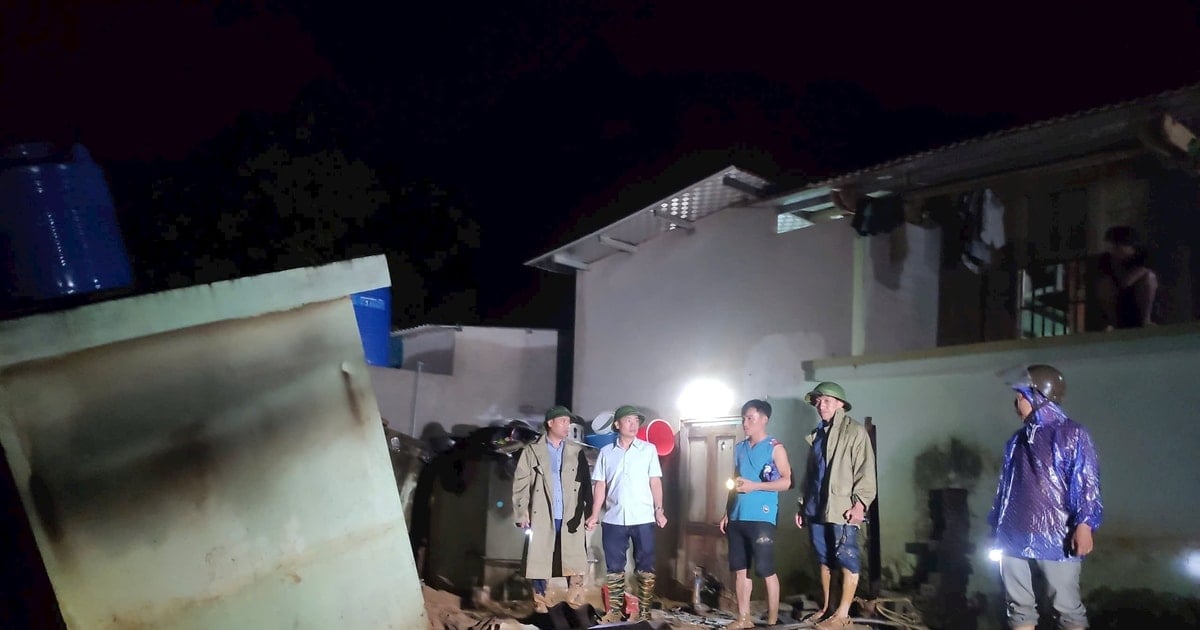Recently, the pharmaceutical company Moderna (USA) announced promising phase 2b trial results of a study combining the mRNA vaccine (mRNA-4157 [V940]) with the cancer drug Keytruda (code Keynote-942, also known as pembrolizumab) of the pharmaceutical company Merck (Germany) to treat malignant tumors.

Combination therapy of mRNA (mRNA-4157) with cancer drug Keytruda has achieved promising results. Photo: Getty Images
Although these are not final results but rather mid-term data from a 3-year follow-up, they are somewhat promising. The clinical trial was conducted on patients with high-risk recurrent melanoma (stage III/IV) after complete tumor resection.
The results showed that treatment with mRNA-4157 combined with Keynote-942 improved patient survival and distant metastasis-free rates compared to Keynote-942 alone, reduced the risk of recurrence or death by 49%, and reduced the risk of metastasis by 62% compared to pembrolizumab alone.
"The Keynote-942/mRNA-4157 study is the first demonstration of the efficacy of an mRNA-based cancer treatment, showing significant benefit over pembrolizumab alone in the adjuvant setting of melanoma," said Kyle Holen, senior vice president of Moderna.
The incidence of adverse reactions with the Keynote-942/mRNA-4157 combination compared with Keynote-942 alone was negligible. Twenty-five percent of patients with stage 3 or higher disease reported adverse reactions with Keynote-942/mRNA-4157, compared with 20 percent of patients with pembrolizumab alone. The most common adverse reactions were fatigue (60.6%), injection site pain (56.7%), and chills (49%).
Based on data from the phase 2b Keynote-942/mRNA-4157-P201 study, the FDA and EMA respectively granted designation and approval of the combination of mRNA-4157 with pembrolizumab under the Priority Drug Program for the adjuvant treatment of patients with high-risk relapsed melanoma.
Moderna and Merck have announced the launch of a phase 3 trial evaluating “mRNA-4157 in combination with pembrolizumab as an adjuvant treatment in patients with high-risk resected melanoma (stages IIB-IV).” Moderna CEO Stéphane Bancel believes that an mRNA vaccine for melanoma could be available by 2025.
Moderna isn’t the only one aiming to develop a cancer vaccine. In May 2023, the journal Nature reported that BioNTech, in partnership with Roche, proposed a phase 1 clinical trial for a vaccine for pancreatic cancer patients.
In June 2023, at the American Society of Clinical Oncology conference, Transgene presented its findings regarding viral vector vaccines against ENT and papillomavirus-associated cancers. In September 2023, Ose Immunotherapeutics made headlines with its vaccine for late-stage lung cancer.
Hoai Phuong (according to Medscape)
Source






![[Photo] "Beauties" participate in the parade rehearsal at Bien Hoa airport](https://vstatic.vietnam.vn/vietnam/resource/IMAGE/2025/4/11/155502af3384431e918de0e2e585d13a)
![[Photo] Looking back at the impressive moments of the Vietnamese rescue team in Myanmar](https://vstatic.vietnam.vn/vietnam/resource/IMAGE/2025/4/11/5623ca902a934e19b604c718265249d0)
























![[Photo] Summary of parade practice in preparation for the April 30th celebration](https://vstatic.vietnam.vn/vietnam/resource/IMAGE/2025/4/11/78cfee0f2cc045b387ff1a4362b5950f)




























































Comment (0)